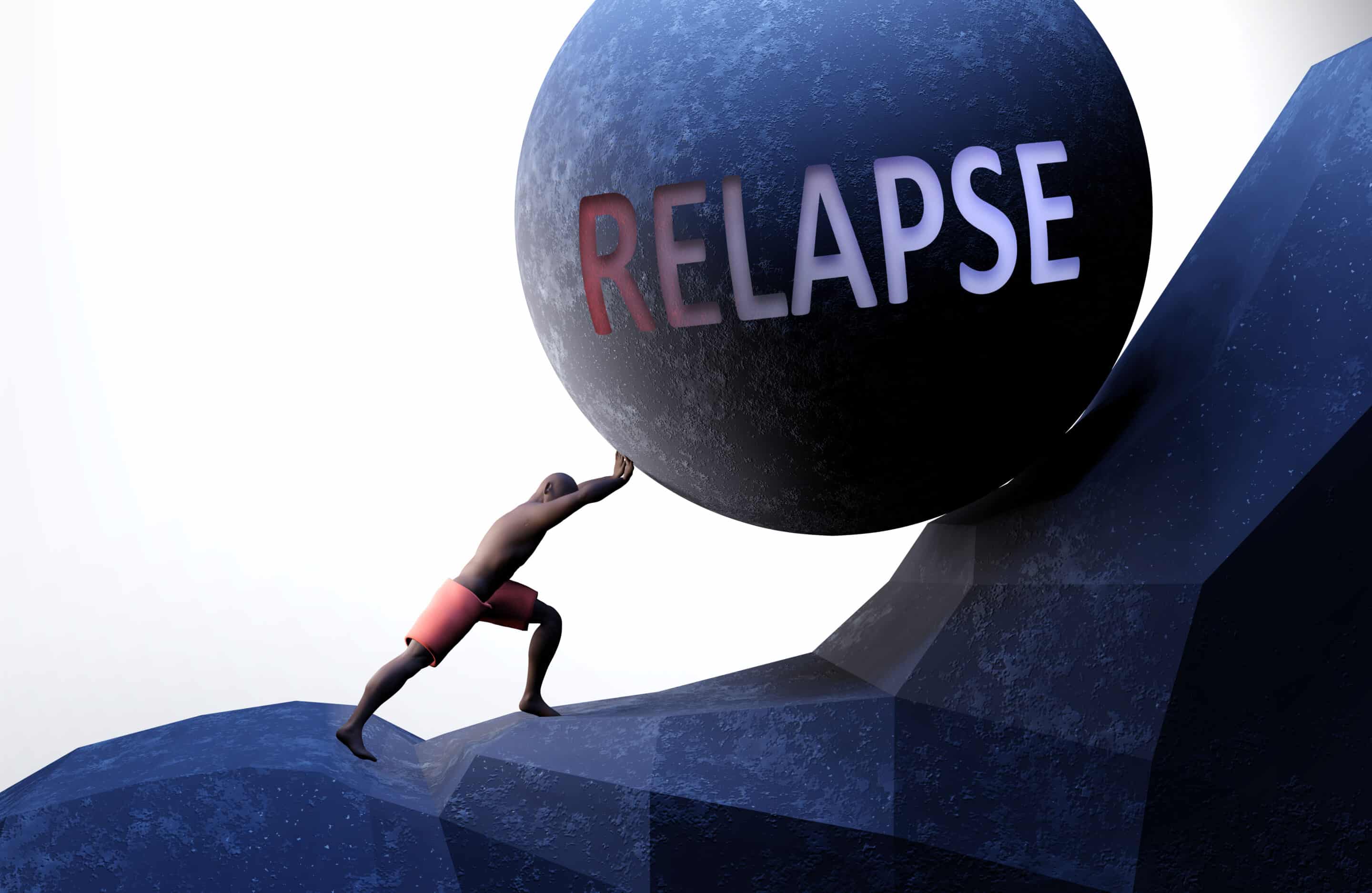Addiction recovery takes time and consistent work. Many people in recovery are learning new, healthy coping mechanisms and, for the first time, may be facing painful emotions sober. Being overwhelmed with emotions while surrounded by temptations and fighting cravings can easily lead to a relapse.
Relapse, or a lapse in sobriety, doesn’t mean that you’re a failure, nor does it mean that you can’t break free from your addiction and live a sober life. Relapse is common; the National Institute of Drug Abuse estimates that 40-60% of drug addicts relapse. But, both lapses and relapses can be overcome, and often, you may learn more about yourself and how to preserve your sobriety as you get back on track after a lapse.
What is a Lapse in Sobriety?
A lapse is a short return to drinking or using drugsafter a period of sobriety. It’s a short-term, temporary step back on the recovery journey, usually characterized by a one-time indulgence in drinking or drugs.
For example, say you’ve been sober from drinking for 30 days and attend a wedding over a weekend. It looks like everyone around you is drinking, dancing, and having a good time, and you have “FOMO” – fear of missing out, so you have a few glasses of wine. But, you end up in an argument with your significant other, or perhaps you drink too much and embarrass yourself. You wake up the next morning remembering why you got sober in the first place, decide not to drink anymore, and refrain from alcohol afterward, getting back into your treatment plan.
This is a lapse, and it’s normal, especially for people in early sobriety who are still honing their healthy coping skills and tricks to resist cravings.
What is a Relapse in Sobriety?
A relapse may start the same way as a lapse, but drinking or drug use snowballs quickly. Soon, the addict returns to their previous levels of use and often the same harmful behaviors they engaged in before they got sober.
Using the same example, let’s say that you felt ashamed and like a failure after the wedding. You have a drink to ease the hangover, and maybe more drinks over the following days. Soon, you’re back to your pre-sobriety levels of drinking and are unable to quit on your own. This is a relapse, and you may need a medical detox to help you get sober.
What Do I Do if I’ve Lasped or Relapsed in Sobriety?
First, forgive yourself, and show yourself a little love. Take accountability for your mistake, and work with your therapist or sponsor to identify what may have caused the relapse and how you can adapt your relapse prevention plan to avoid a future lapse. Perhaps you need more support, or maybe you need to address some underlying issues one-on-one in therapy.
Often, a relapse highlights a significant trigger that you didn’t realize was so powerful, or maybe you were still holding onto resentment about giving up drinking or using. When you use your lapse or relapse as a learning tool, you get stronger and increase your chances of lasting sobriety.
Moving On After a Relapse
Being sober means changing how you live and replacing your unhealthy coping of drinking or using drugs with healthier coping methods and a strong, sober support system. Understanding your cravings and triggers and working with your therapist or sponsor to address them helps prevent future relapse.
If you’re struggling with drug or alcohol addiction, there is hope even after one or more relapses. Hickory Treatment Centers offers intensive programs to help you learn about addiction and stay sober, including replacing prevention strategies. Contact ustoday to learn more.


